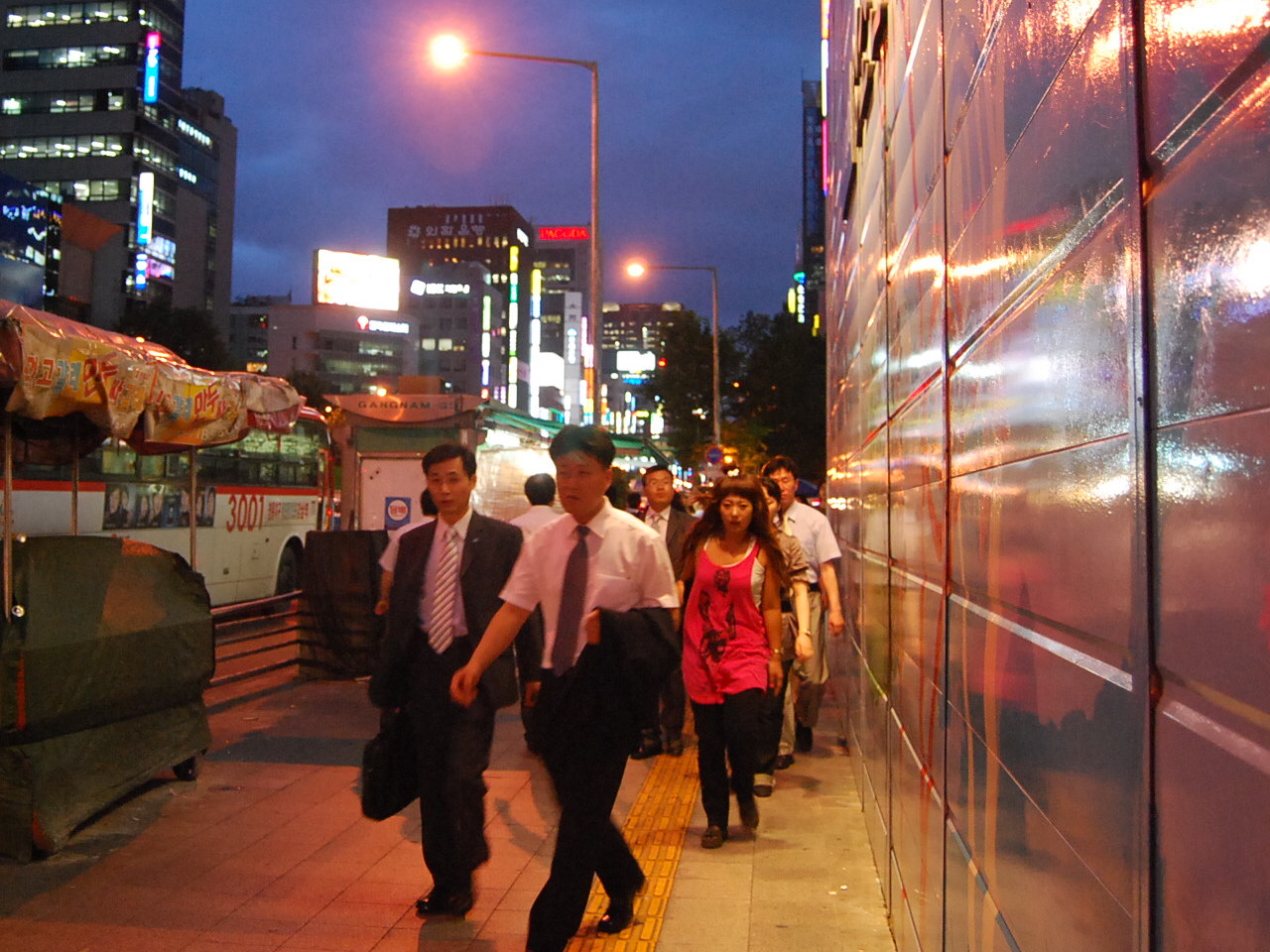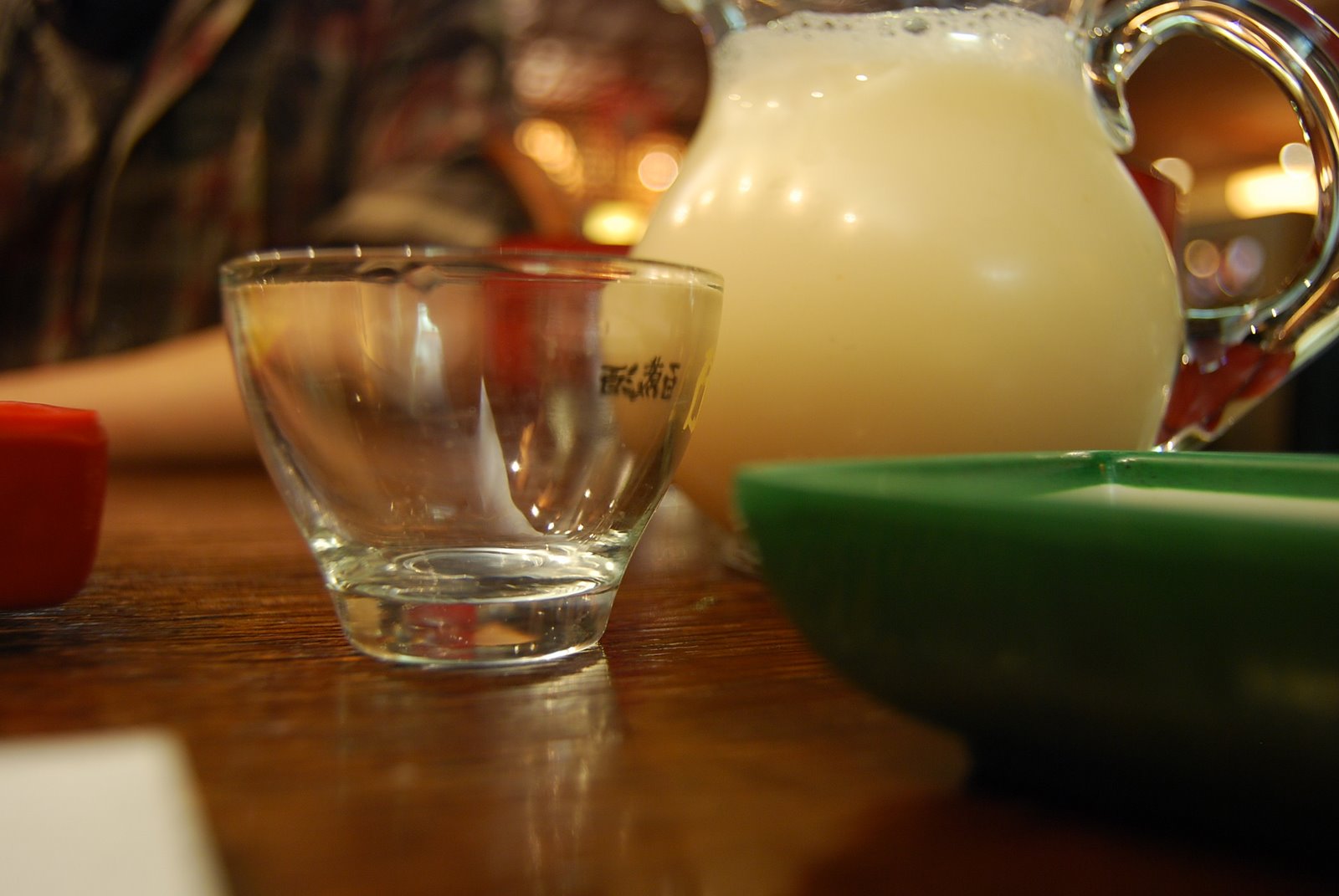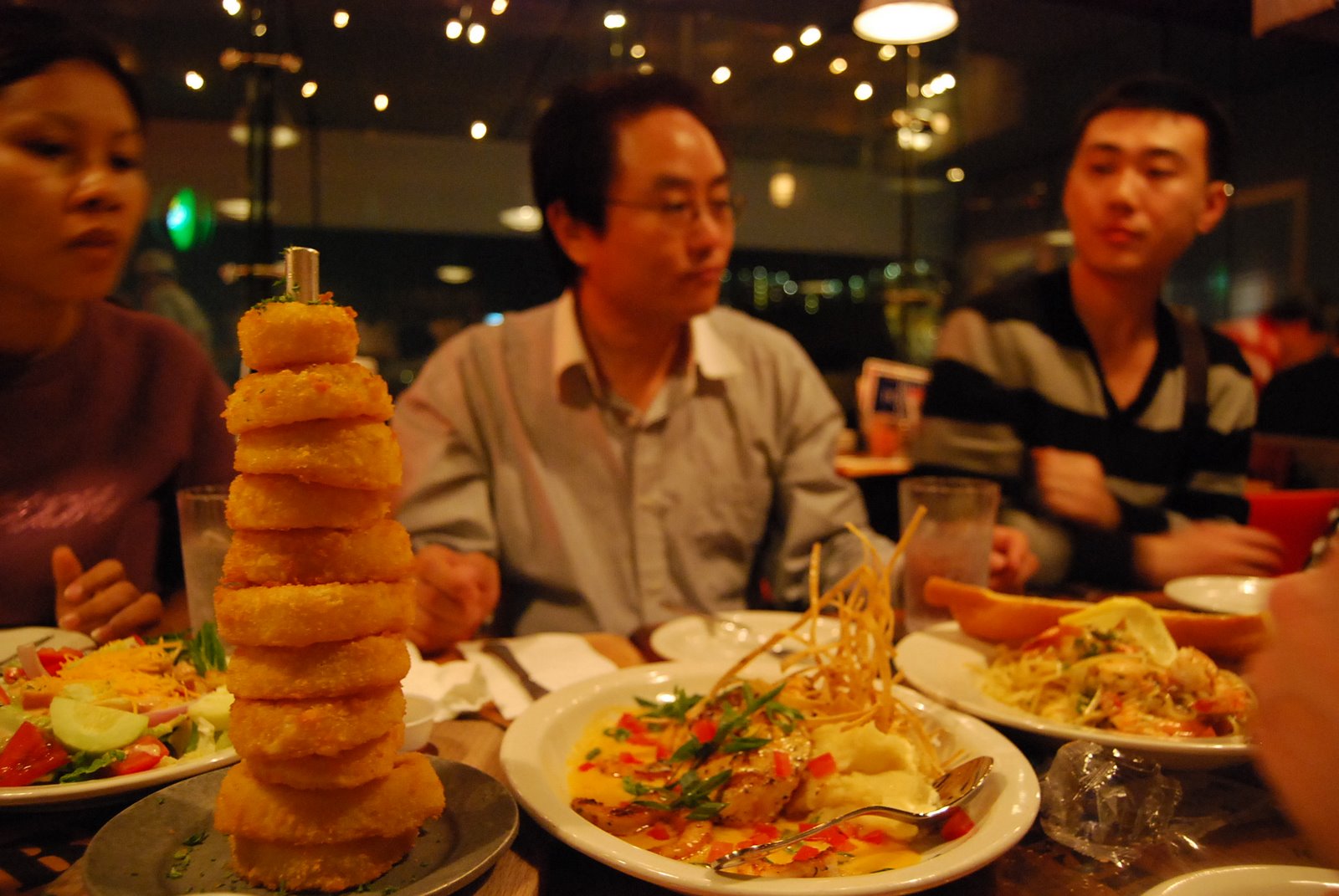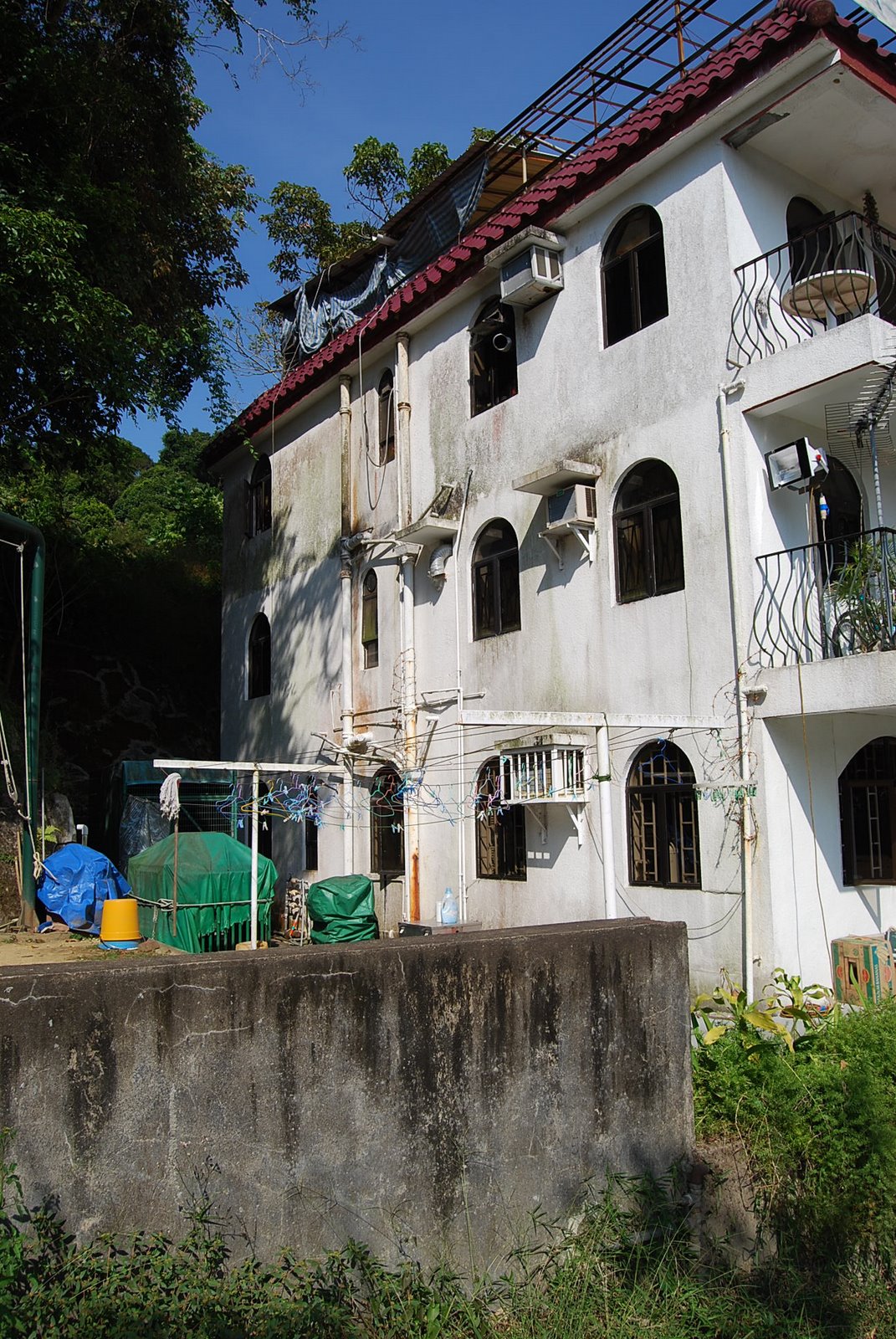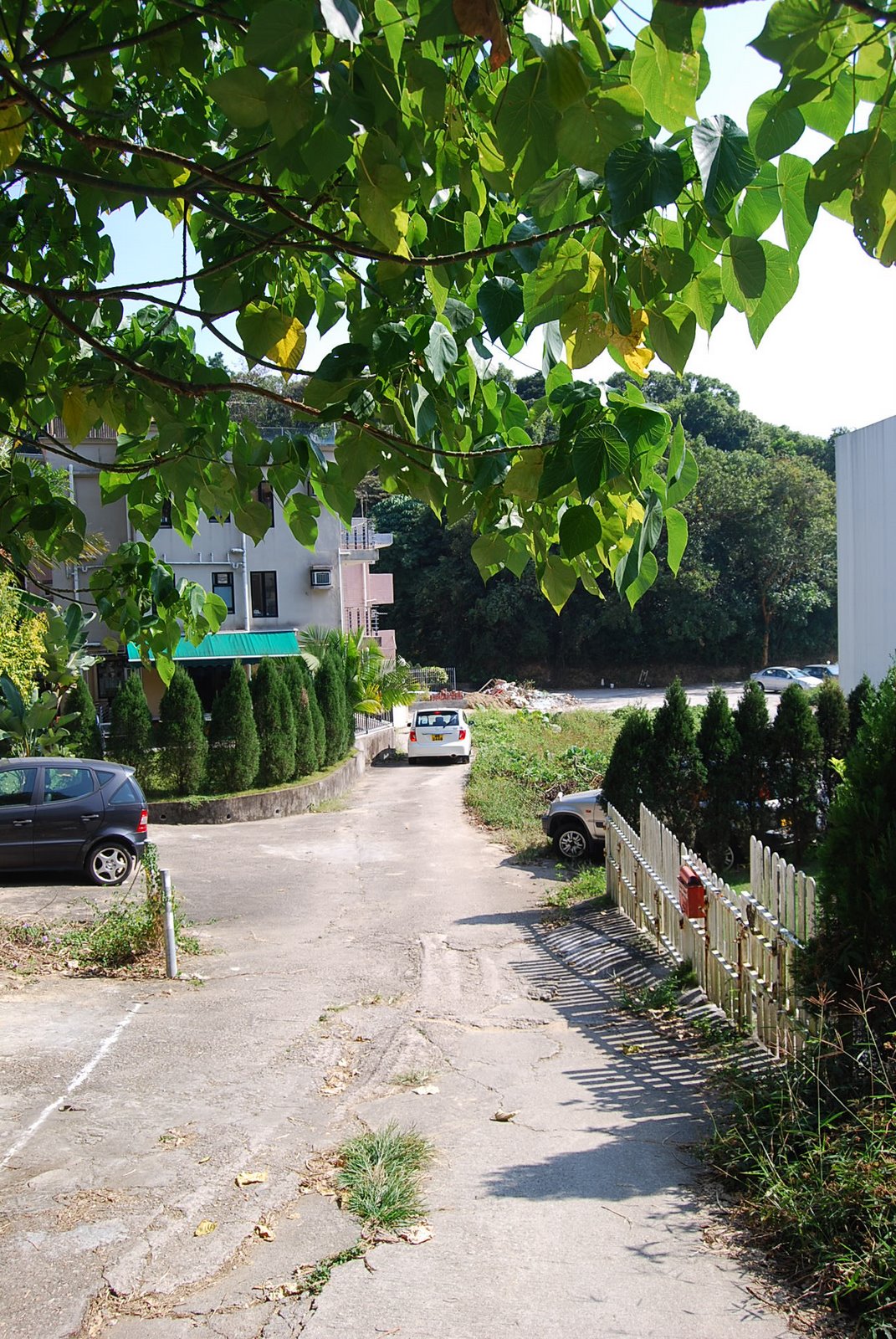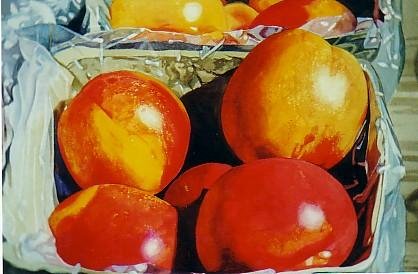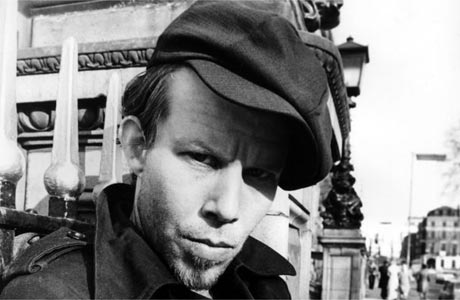Gyeongbokgung Sites
I spent Saturday near Gyeongbokgung metro station, Seoul. There you find 3 main attractions: Gyeongbok Palace, The National Folk Museum and Seodaemun Prison. You can easily entertain yourself for a day. And as you see in the photos, it's very pretty. There are art galleries for your browsing pleasure.
Kyle and I went to the "Behind Innocence" exhibit at Gallery Hyundai, at 80 Sagan-dong, Jongro-gu. www.galleryhyundai.com.
And when the sun set, we went to a Picatong Circle party near Min's University: Chungang.




 A silent film by American artist, Anthony Goicolea, tackling issues such as narcissism, sexuality, and the rituals of life and death. There was no plot to speak of, but it was strangely facinating! Better than the gawdy impressionist art, anyway. (Part of the "Behind Innocence" show at Gallery Hyundai):
A silent film by American artist, Anthony Goicolea, tackling issues such as narcissism, sexuality, and the rituals of life and death. There was no plot to speak of, but it was strangely facinating! Better than the gawdy impressionist art, anyway. (Part of the "Behind Innocence" show at Gallery Hyundai): We at galbi: ribs, nearby. I couldn't cut my raddish with chopsticks, so Kyle flagged the waitress for a pair of scissors- common cutting tools in Korea.
We at galbi: ribs, nearby. I couldn't cut my raddish with chopsticks, so Kyle flagged the waitress for a pair of scissors- common cutting tools in Korea. A view of South Gate in motion:
A view of South Gate in motion: At Chung's University party:
At Chung's University party:












